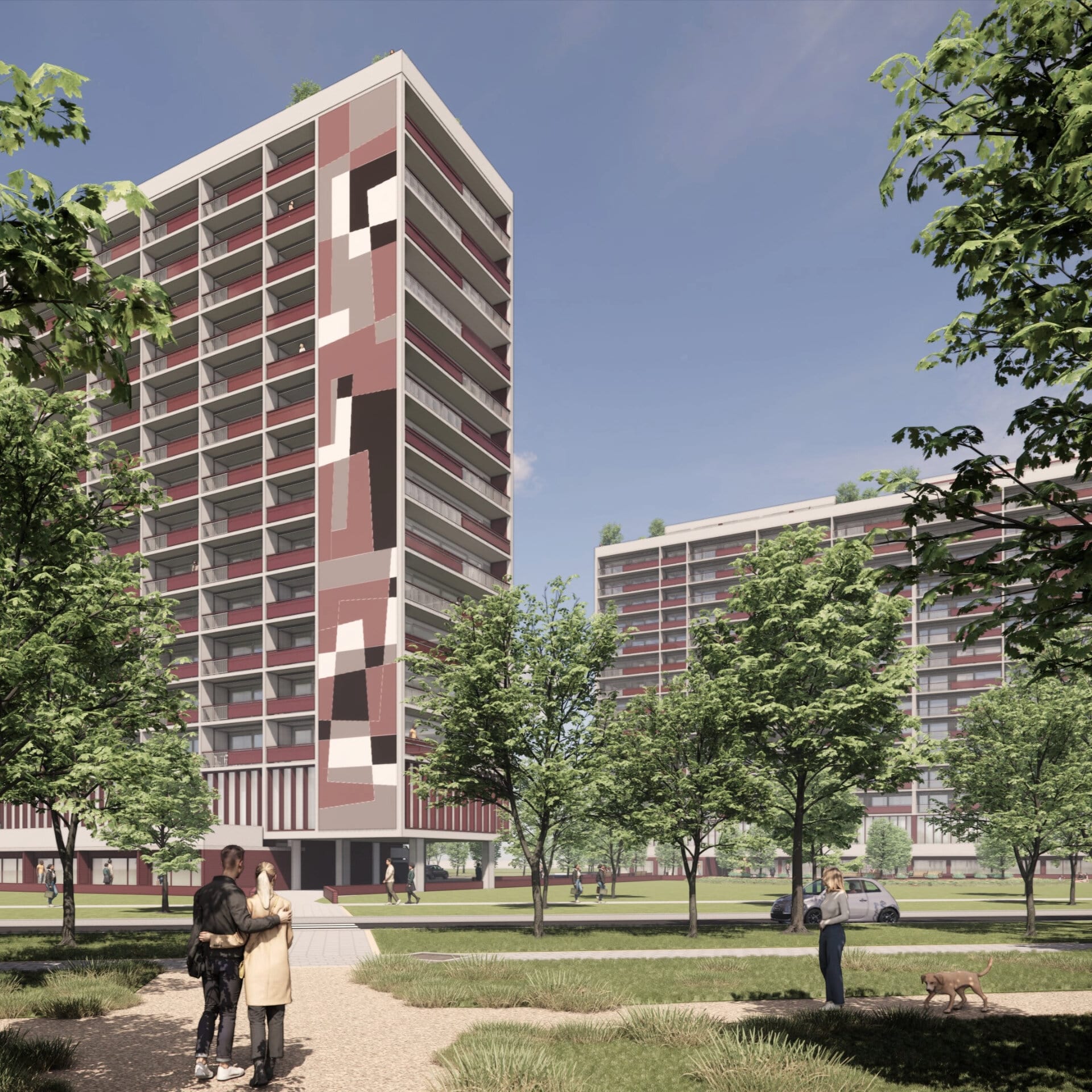Bernd de Groot
Heritage and Architecture
Towards Adaptable Post War Housing: Architecture that uses change for greater significance
In Amsterdam Nieuw-West, many post-war buildings are at risk of being demolished or altered without properly considering their cultural and historical significance. This is often due to concerns about potential obsolescence, demographic changes and the need for improved energy efficiency, which overshadow the recognition of these buildings' artistic or historical value. This project addresses this issue by developing strategies that enhance the adaptability of these structures while preserving their cultural importance. Through the classification of building layers and analysis of their interdependencies, the research identifies synergies between adaptability and cultural significance. These strategies guide architectural practices that balance continuity with necessary changes, ensuring that key attributes of post-war housing are retained. The proposed solutions aim to increase urban density, diversity and affordability, addressing societal challenges such as the national housing shortage and high living costs while also improving thermal performance and reducing energy demands, leading to a more sustainable built environment.
